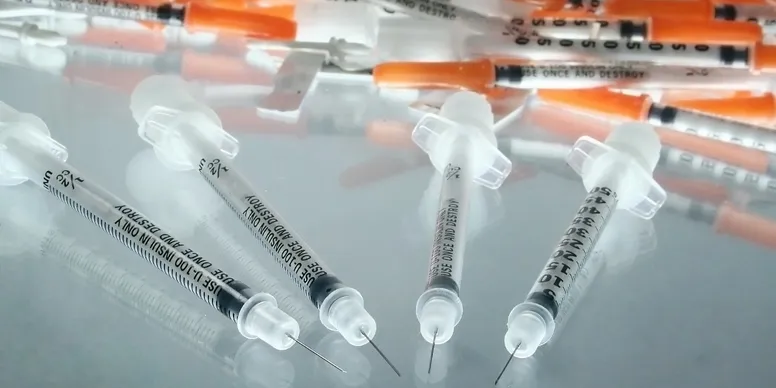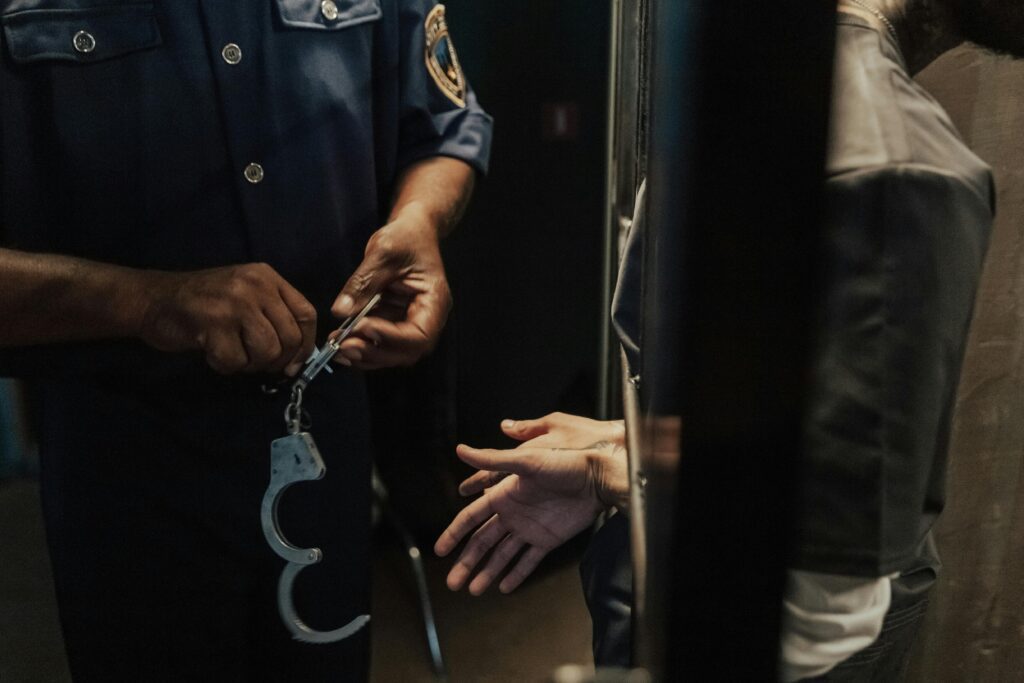Key Takeaway Table
| Main Points | Details |
|---|---|
| Definition of Drug Trafficking | Legal overview and international impact. |
| Differences from Other Drug Crimes | Distinction between possession, distribution, and trafficking. |
| Legal Process | Steps from arrest to trial. |
| Potential Consequences | Penalties range and social impact. |
| Defense Strategies | Common tactics and importance of legal representation. |
| Choosing Konstantakis Law Office | Qualifications, successes, and client-centric approach. |
At Konstantakis Law Office, we understand how daunting facing drug trafficking charges can be. This pillar page aims to clarify the complexities surrounding drug trafficking charges, distinguish them from other drug-related crimes, and guide you through the legal steps that follow such charges. Additionally, we’ll explore the potential consequences and outline effective defense strategies. Finally, we explain why choosing our office for your defense is a step toward achieving a favorable outcome.
Introduction to Drug Trafficking
Drug trafficking involves the illegal sale, transportation, and distribution of drugs. As a crime that affects not only individuals but also communities and countries, it’s taken very seriously by the law. Understanding exactly what constitutes drug trafficking is pivotal in recognizing the gravity of these charges.
How Drug Trafficking Charges Differ From Other Drug Crimes
The key difference between drug trafficking and other drug-related crimes lies in the intent and scale. Trafficking usually involves larger quantities of drugs and the intention to distribute.

The Legal Process After Being Charged with Drug Trafficking
Being charged with drug trafficking kicks off a series of legal events, from arrest to potentially going to trial. Knowing what to expect can provide some solace during these uncertain times. For more information on broader legal defenses or related charges, consider learning about General Misdemeanors.
Potential Consequences of a Drug Trafficking Conviction
The consequences of a drug trafficking conviction vary widely, from fines and community service to significant prison time. Beyond legal penalties, a conviction can severely impact one’s life, including employment opportunities and personal relationships.
In Wisconsin, the penalties for drug trafficking vary depending on the substance and the quantity involved, but even lower-end felony drug crimes can result in significant consequences.
For marijuana trafficking, penalties range from a Class I felony, which carries a maximum fine of $10,000 and up to 3 years in prison, to a Class E felony, punishable by a maximum fine of $50,000 and up to 15 years in prison. Synthetic cannabinoids are also treated as felony offenses
For possession charges, the penalties can also be severe. A first offense for marijuana possession could lead to up to six months in prison and/or a fine of up to $1,000. Subsequent offenses increase the severity, with potential sentences of up to 3.5 years in jail and fines up to $10,000. The state applies these Class I felony penalties for possession of Schedule I or II narcotic drugs as well. Charges for possession of substances like psilocybin, amphetamine, methamphetamine, LSD, or PCP can result in up to one year in jail and fines up to $5,000 for the first offense
Moreover, the charge of maintaining a drug trafficking place in Wisconsin is a Class I Felony, carrying a maximum penalty of 3.5 years of confinement and/or a $10,000 fine. To convict someone of this charge, it must be proven that they controlled or managed a place used for manufacturing or distributing illegal drugs
Defense Strategies in Drug Trafficking Cases
Defense strategies may include challenging the evidence, negotiation for lesser charges, or proving the absence of intent to distribute. Experienced legal representation is key to navigating these defenses effectively. Here are some expanded defense strategies with examples:
- Challenging the Evidence:
- Questioning the Legality of Search and Seizure: Defense attorneys can argue that the drugs were discovered during an illegal search, violating the Fourth Amendment rights. If the court agrees, the evidence may be excluded from the trial.
- Contesting the Drug Possession: Lawyers might argue that the defendant had no actual possession or control over the drugs. This can be the case if the drugs were found in a shared vehicle or dwelling and there is no direct link to the defendant.
- Negotiating for Lesser Charges:
- Plea Bargaining: In some cases, the defendant may agree to plead guilty to a lesser charge, such as simple possession, in exchange for a lighter sentence or the dismissal of more serious charges like trafficking.
- Cooperation with Authorities: Defendants might receive reduced sentences by providing information that assists in the arrest or conviction of other more significant criminal players.
- Proving Absence of Intent to Distribute:
- Demonstrating Personal Use: The defense may argue that the drugs were intended for personal use, not for distribution. Evidence like the absence of scales, packaging materials, or large sums of money can support this claim.
- Lack of Knowledge: Claiming that the defendant was unaware of the drugs’ presence or nature. For instance, someone might have been unknowingly transporting drugs hidden in their vehicle or belongings.
- Use of Expert Testimony:
- Drug Identification and Quantity Disputes: Experts can challenge the type and amount of drug claimed by the prosecution, which can impact the severity of the charges.
- Challenging the Chain of Custody: If there are gaps or inconsistencies in how the evidence was handled, this can cast doubt on the integrity of the evidence.
- Constitutional Violations:
- Miranda Rights Violation: If the defendant was not properly informed of their rights during the arrest, any self-incriminating statements made afterwards might be inadmissible in court.
- Entrapment: Arguing that the defendant was induced by law enforcement to commit a crime they would not have otherwise engaged in.
By employing these and other defense strategies, legal representation aims to either dismiss the charges altogether or significantly reduce the severity of the outcome for the defendant. The choice of strategy will depend on the specifics of each case, including the evidence available and the legal context.
Why Choose Konstantakis Law Office for Your Defense
Our team, led by Attorney Georgia Konstantakis, is dedicated to providing personalized defense strategies tailored to your unique situation.

Learn more about our approach and credentials on our About Us page.
Contact Information and Consultation
If you or someone you know is facing drug trafficking charges, we encourage you to reach out for a consultation or more information.
Contact Us for support and expert consulting on drug trafficking cases.
Conclusion: Navigating the Path Forward with Konstantakis Law Office
Facing drug trafficking charges is an uphill battle that requires experienced and dedicated legal representation. At Konstantakis Law Office, we are committed to understanding your needs and crafting a defense strategy aimed at securing the best possible outcome.
We invite you to reach out for a personalized consultation and take the first step toward navigating the legal challenges ahead. Together, we can work towards a more hopeful future.
This article aims to unravel the intricacies of facing drug trafficking charges and underscore the imperative for skilled legal representation. Through understanding the legal process, potential consequences, and viable defense strategies, we strive to provide the support and guidance needed during such a challenging period. Remember, you’re not alone in this journey.




